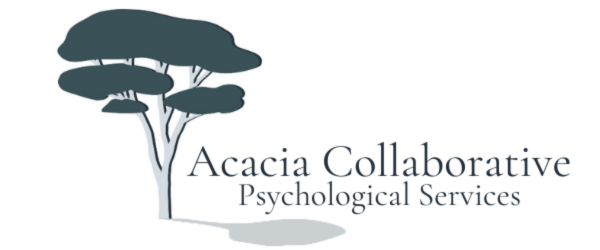What does it look like to be African American and in search of mental health treatment? This question itself can seem taboo as many African Americans do not seek mental health services. The numbers show that only 1 in 3 African Americans receives mental health care despite the need. In fact, they are more likely to report feelings of emotional and psychological distress than Whites. Even drastically, African Americans below the poverty line report signs of mental health illnesses at a rate of two times more. With such a great need, one may ask why is there a lack of help-seeking attitudes within the black community? The answer to this question is a multitude of structural and cultural factors.
African Americans face inconsistent care models that can include inequity in care and under-diagnosis. They may also receive the bulk of their care in emergency departments because of intergenerational effects that teach them that their symptoms require a quick fix rather than patient-centered care. Other structural implications that create a barrier include the lack of research that includes members of the black community to form evidence-based treatments. To further understand disparities, one must understand cultural influences. African Americans may have been taught that mental health care is not appropriate for their households and to rely heavily on spiritual and religious beliefs. Tradition, music, and reliance on family support can also contribute to the lack of engagement in mental health services. 63% of African Americans also report that they find seeking therapy to be a sign of weakness. How do we begin to bridge these gaps and address the mistrust those have for mental health providers? Find out in part 2 of “Reclaiming Black Mental Health.”
About the Author: Shereece Saxton Harley is a Licensed Clinical Social Worker Associate (LCSWA), Qualified Mental Health Professional (QMHP), and MSW who provides assessment and counseling services for individuals from early adolescence through adulthood.
